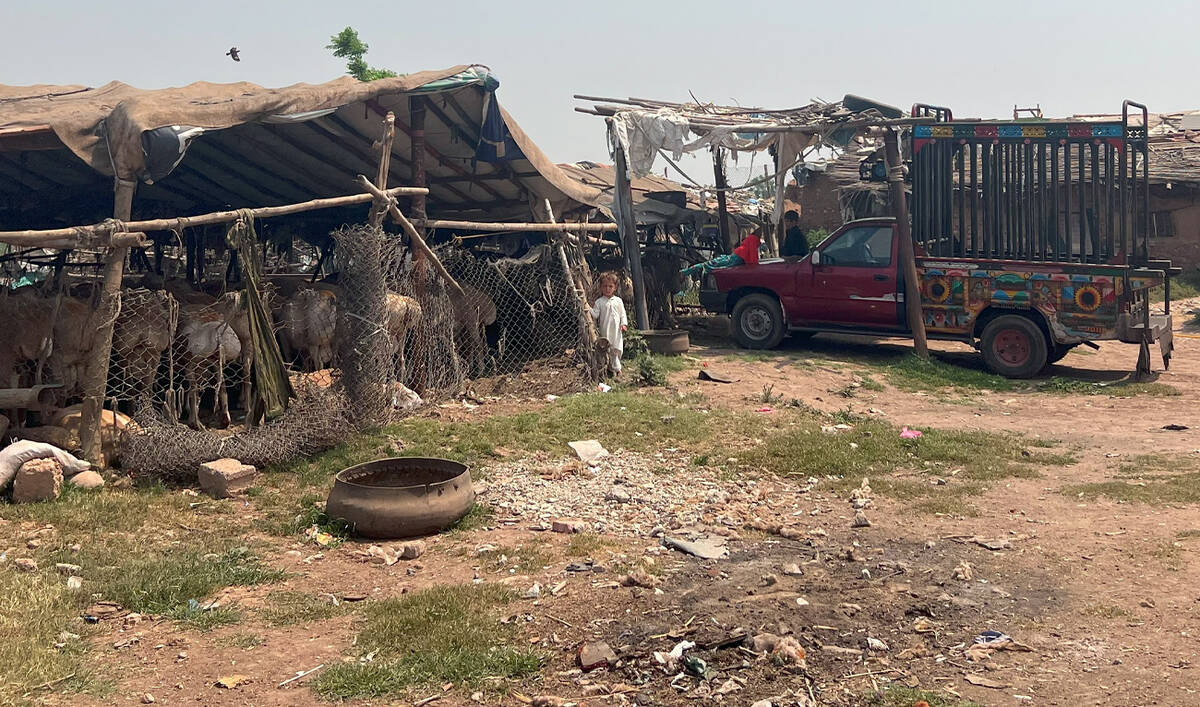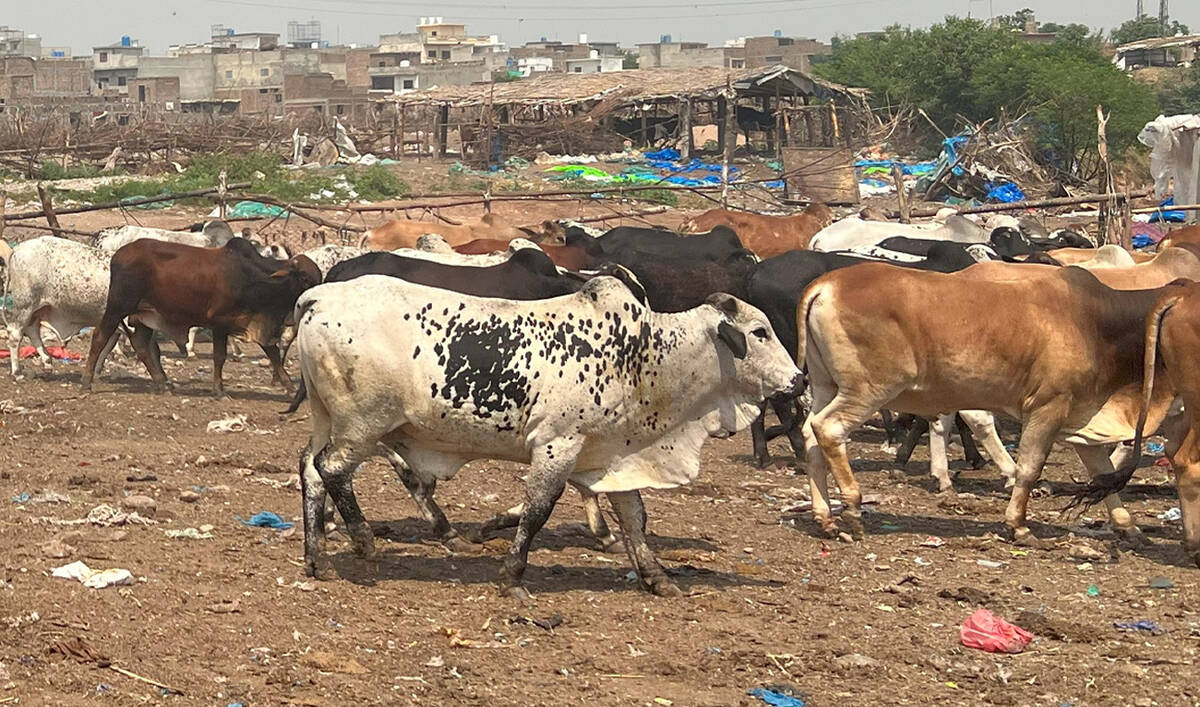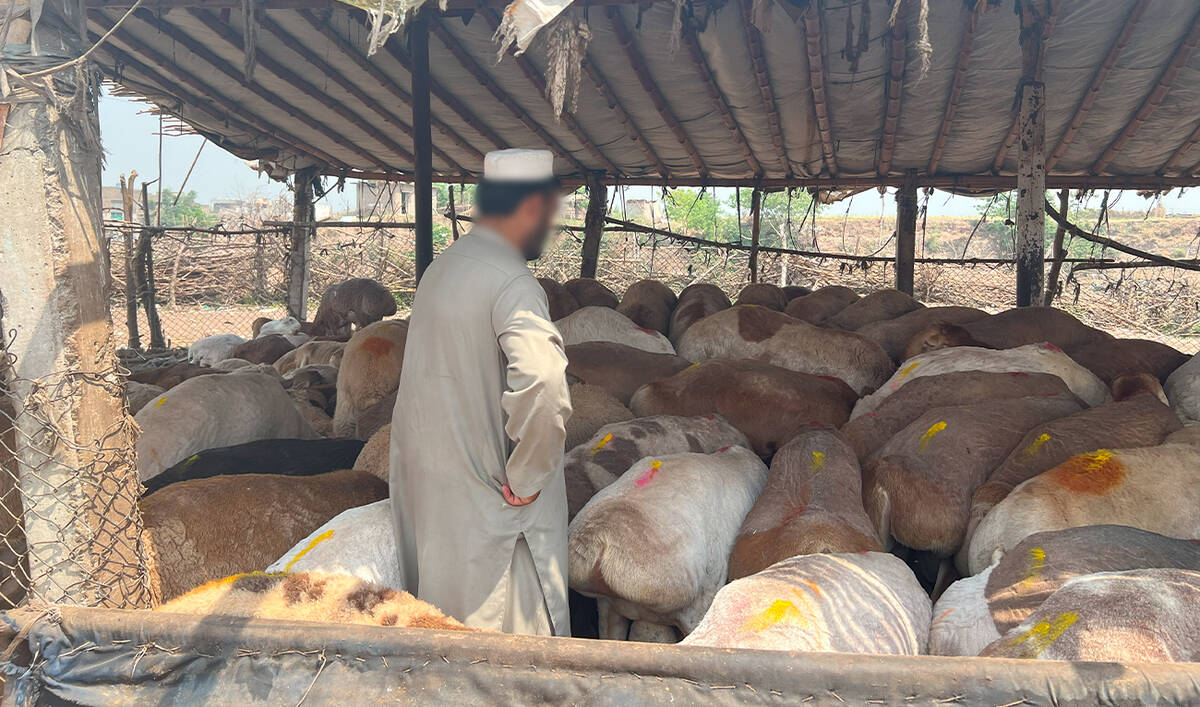KARACHI: The impact of US President Donald TrumpÔÇÖs decision to impose a reciprocal tariff of 29 percent on PakistanÔÇÖs exports is likely to have a ÔÇ£mixedÔÇØ impact, financial analysts said on Thursday, pointing out that the wide-ranging tariffs will make exports offered by IslamabadÔÇÖs rivals also costlier.╠²
Trump announced the decision to impose sanctions on several countries on Wednesday, defending the measures as necessary to address long-standing trade imbalances and what he described as unfair treatment of American goods abroad.
The US is PakistanÔÇÖs largest export destination, as it imported $5.44 billion of Pakistani goods last year, according to the State Bank of Pakistan. This fiscal year from July through February Pakistan earned $4 billion from its exports to the US, which registered a 10 percent increase over its $3.63 billion exports to the country in the same period last year.╠²
ÔÇ£The impact of these tariffs is expected to be mixed on PakistanÔÇÖs exports,ÔÇØ Samiullah Tariq, the group head of research and product development at the Pakistan Kuwait Investment Company Ltd., told Arab News.╠²
Last year, PakistanÔÇÖs total exports rose 11 percent to $30.7 billion from $27.7 billion compared to 2023, according to the Pakistan Bureau of Statistics.
Tariq said Pakistani goods would become cheaper than those offered by Bangladesh, China, Vietnam and Cambodia, on whom the Trump administration imposed higher tariffs.╠²
However, he explained that countries such as India, Jordan, Turkiye and certain Central American nations had been targeted with comparatively lower tariffs, making Pakistani goods costlier.╠²
╠²Washington has imposed tariffs of 37 percent, 34 percent, 46 percent and 49 percent on Bangladesh, China, Vietnam and Cambodia, respectively. It targeted India, Jordan and Turkiye with tariffs of 26 percent, 20 percent and 10 percent respectively.╠²
╠²
ÔÇ£Duties imposed on China, Cambodia, Indonesia, Vietnam and Bangladesh are higher than Pakistan, while duties imposed on India are 300bps lower than Pakistan,ÔÇØ Topline Securities, a Karachi-based brokerage firm, noted in a report to clients.
TEXTILE TO TAKE A HIT
However, Sana Tawfiq, the head of research at Arif Habib Ltd. said the tariff would test the mettle of PakistanÔÇÖs export sector.╠²
ÔÇ£About 90 percent of our total exports to the US account for textiles that are expected to take a hit,ÔÇØ she told Arab News.╠²
She said some food and cement industries are also expected to ÔÇ£feel the pressure.ÔÇØ
ÔÇ£To mitigate the impact, Pakistan must adopt a reciprocal and strategic approach, including reducing energy costs, negotiating tariff relief, and diversifying trade markets,ÔÇØ Tawfiq noted.╠²
Topline Securities also said Pakistani textile exports may bear the brunt of the tariff imposition.╠²
ÔÇ£Theoretically, due to PakistanÔÇÖs duty disadvantage with India, Pakistan textile exports may face some pressure,ÔÇØ the brokerage firm said.╠²
TrumpÔÇÖs decision is expected to set back PakistanÔÇÖs efforts to revive its economy with the help of the International Monetary FundÔÇÖs bailout packages.╠²
The lender wants Islamabad to increase its revenues, attract foreign investments and enhance exports to cope with its longstanding balance of payment crisis.
╠²
PakistanÔÇÖs stock market closed ThursdayÔÇÖs session with the benchmark KSE-100 index gaining 0.96 percent to close at 118,938 points.
ÔÇ£Worries over 29 percent massive US reciprocal tariff levies on Pakistan and global equity selloff invited early session pressure,ÔÇØ Ahsan Mehanti, chief executive officer at Arif Habib Commodities Ltd., told Arab News.╠²
Pakistan may face increased competition in Europe as countries such as China, Vietnam and Bangladesh, hit harder with WashingtonÔÇÖs tariffs, are expected to divert some of their exports from the US to European countries, Topline Securities said in its report.
╠²
Khurram Mukhtar, the patron-in-chief of the Pakistan Textile Exporters Association (PTEA), remained confident Pakistan would continue to enjoy a competitive edge over major textile-exporting countries to the US.╠²
ÔÇ£Despite the tariff adjustments, Pakistan will continue to maintain a competitive edge over major textile-exporting countries to the US, owing to its complete supply chain, quality standards and established trade relationships,ÔÇØ Mukhtar told Arab News.╠²





















